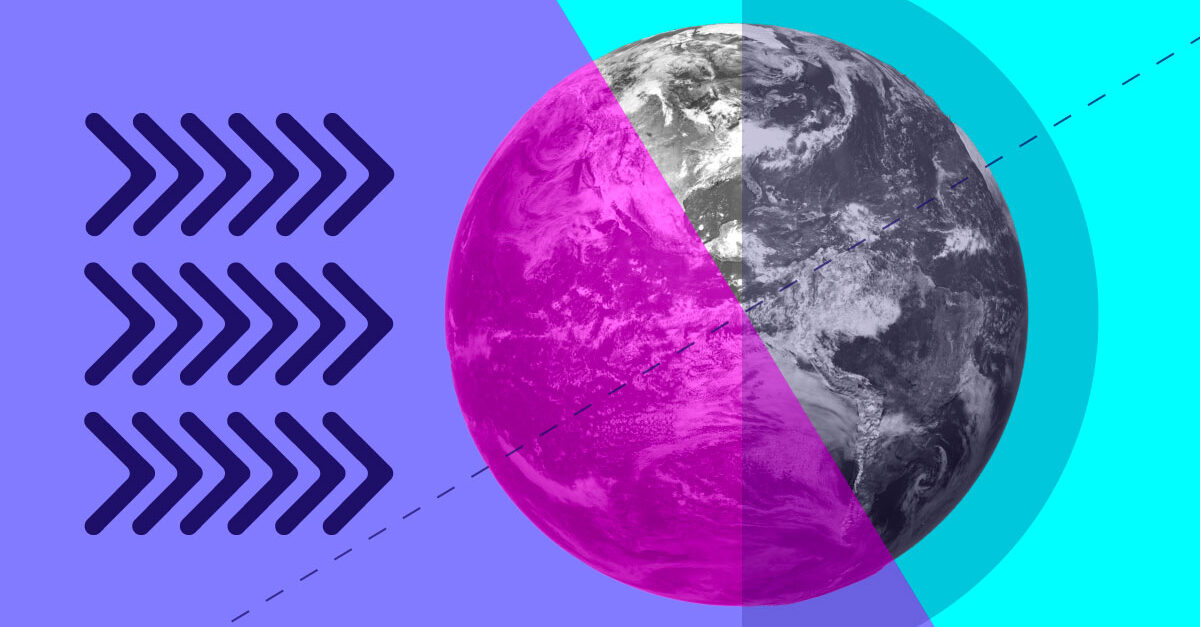Astronomically speaking, the summer solstice marks the day of the year that the North Pole is tilted closest to the Sun on Earth’s axis. In the Northern Hemisphere, it’s the longest day of the year. In Canada, it’s also National Indigenous Peoples Day, celebrating the heritage, diverse cultures and outstanding achievements of First Nations, Inuit and Métis peoples, and this year marks its 25th anniversary!
Did you know that, of our 135-plus members, seven are designated Indigenous institutions – meaning that they exclusively deliver culturally-relevant programs tailored to the needs of Indigenous learners and communities as a means of preserving and strengthening Indigenous cultures?
- The Gabriel Dumont Institute of Native Studies and Applied Research promotes the renewal and development of Métis culture through the design and delivery of Métis-specific educational programs, research, and services. The Dumont Technical Institute is a CICan member institution and the applied arm of the GDI family, specializing in adult basic education and technical training across Saskatchewan.
- Kenjgewin Teg means “a place of knowledge” in Ojibwe and the institute includes Indigenous knowledge in all its educational programming and relationships with the community. Each learner works with staff to develop a unique learning plan and identify goals. Teaching includes obtaining sustenance from the land, using Indigenous games as teaching tools, and helping students broaden their cultural perspectives and ways of knowing.
- The Saskatchewan Indian Institute of Technologies is made up of more than 90% Indigenous students and 70% Indigenous staff. The institute is responsive to the needs of learners and recently launched a curriculum renewal project to support innovation, ensure programs reflect current labour-market needs and position graduates for success. More than 55,000 SIIT alumni are creating change and prosperity in First Nation communities on a local and global scale!
- Nicola Valley Institute of Technology is grounded in Indigenous culture, traditions, and knowledge; and inspires learners to strengthen their communities. NVIT’s unique Elder Council guides the institution, its staff and faculty, and supports the spiritual, mental, and emotional well-being of students through higher education.
- Native Education College is deeply connected to Indigenous history, cultures, and communities. A variety of certificate and diploma programs in adult upgrading, business, fine art, health sciences, humanities and social sciences, and continuing education help Indigenous learners realize their potential in a supportive and cultural environment. Check out NEC Voices to hear firsthand what the college means to them!
- First Nations Technical Institute delivers culturally-rich post-secondary programs rooted in Indigenous ways of knowing. With over 4,000 graduates, FNTI is growing and is currently planning a completely net-zero campus to continue serving the community and future generations! FNTI is also home to the Tontakaiê:rine (It has become right again) Tyendinaga Justice Circle, which offers an alternative for youth involved with the justice system.
- Six Nations Polytechnic structures its programing around the principles of Ga’nigohi:yo:/Kanikoriio (respect and the good mind) and combines first-hand Indigenous knowledge with skills that lead to employment. The Six Nations Achievement Centre also provides free, culturally-sensitive literacy and essential skills training for adults looking to enter higher levels of education, gain employment, or advance their careers.
More broadly, colleges and institutes are also the primary access point to post-secondary education for First Nations, Inuit, and Métis learners, and are deeply engaged in advancing reconciliation and empowering communities. Even non-Indigenous institutions take this commitment to heart.
- Over 95% of all Canadians and more than 86% of Indigenous people live within 50 km of a college or institute location; and colleges and institutes across the country offer over 300 credential programs tailored to the needs of Indigenous learners and communities.
- Did you know that over 65 institutions have committed to making Indigenous education a priority, strengthening relationships with Indigenous communities, and supporting reconciliation through our Indigenous Education Protocol?
As stated in the Truth and Reconciliation Commission’s report, education is vital to preserving and strengthening Indigenous communities. If we’re serious about celebrating and supporting Indigenous cultures in Canada, it’s important that we think about how we embrace this in every aspect of our educational efforts.

